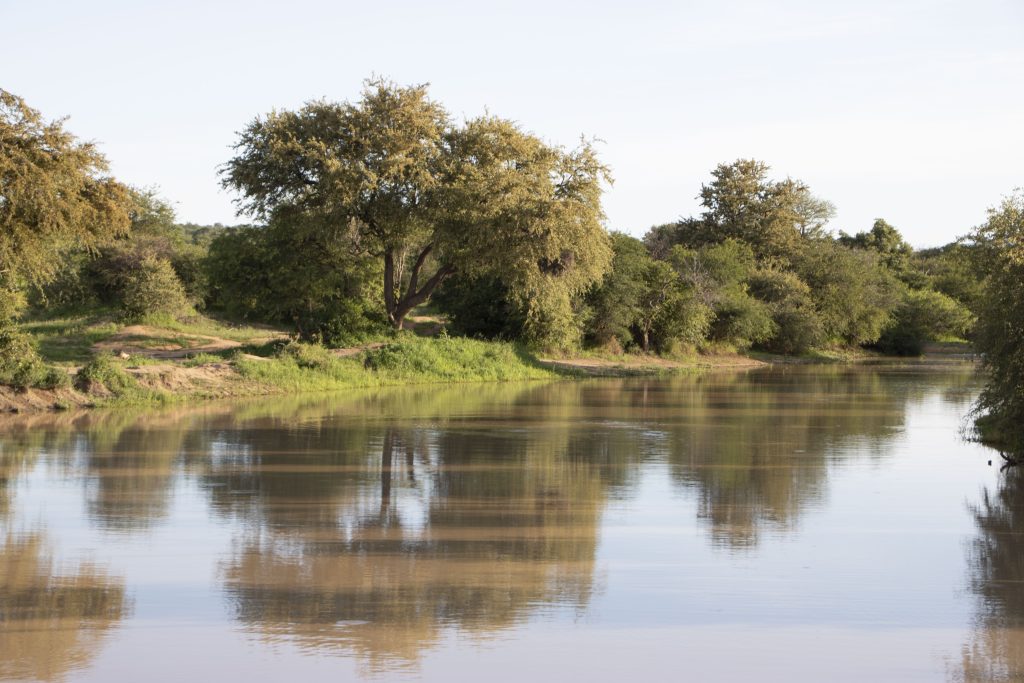Nyhet 2022-03-25
Update from Southern Africa
Afrikagruppernas regionala kommunikatör i Johannesburg, Hope Khoza, skriver om nyheter från partnerorganisationer och om kontext och utveckling i södra Afrika.
Climate change is still causing havoc in the region, on the one hand are the frequent tropical cyclones on the other hand are the extreme draughts, which are both affecting people’s already vulnerable livelihoods and causing massive displacements. Severe Tropical Cyclone Gombe made landfall over the coastal area of Nampula province, in Mozambique, with winds up to 190km/h and rains up to 200mm/24h in mid-March. The cyclone caused widespread floods, displacement, damages to public infrastructures and private houses. Interruption of basic services have also been reported in several districts. Information from national authorities indicated that around 480 000 people were affected, 50 people were injured, and 61 people died.
The effects of the Russian/Ukraine conflict are having an immediate impact on Southern Africa in terms of soaring fuel and food prices. The economic situation is expected to get worse especially for the poor. This steep increase to the cost of living will exacerbate economic instability and contribute towards social unrest.
Increased cases of violent crimes are being reported in the region. Incidents of gender and sexual based violence, mental challenges and suicide are also on the increase.
Our partner, Rural Women’s Assembly commemorated the International Women’s Day on 8th March by holding conversations on structural violence. The meeting was held online with participants from Southern Africa, West Africa, Finland, and the Netherlands. They also condemned Russia’s attack on civilians in Ukraine, the majority being women and children, who have been injured, others died, and many displaced to neighbouring countries. They also shared how they are organising in their countries to end structural violence through popular education and holding their governments accountable.
Our partner, International Labour Research Information Group (ILRIG) has stated that, one of the most unseen and ‘silent’ consequences of the multiple challenges and problems experienced over the last two years, is a mental health crisis. Activities by partners in the region are geared towards creating spaces for healing which include sharing stories and tools for collective healing.
Our partners have developed various ways of handling the grief and trauma resulting from the pandemic relevant to their contexts. JASS has incorporated a Wellbeing Support, a weekly space for staff connections through facilitated Heart Mind Body (HMB) sessions for emotional and mental health.
